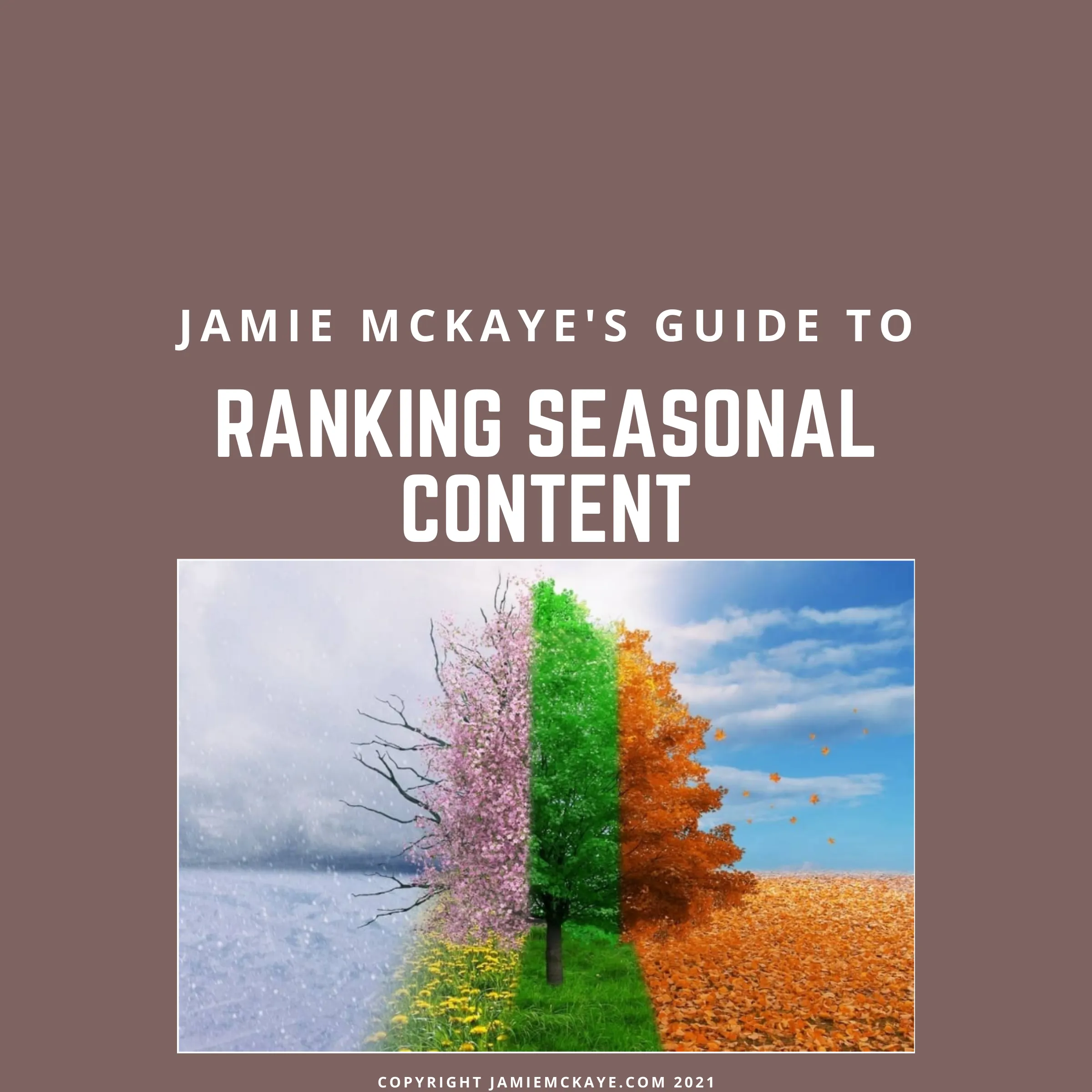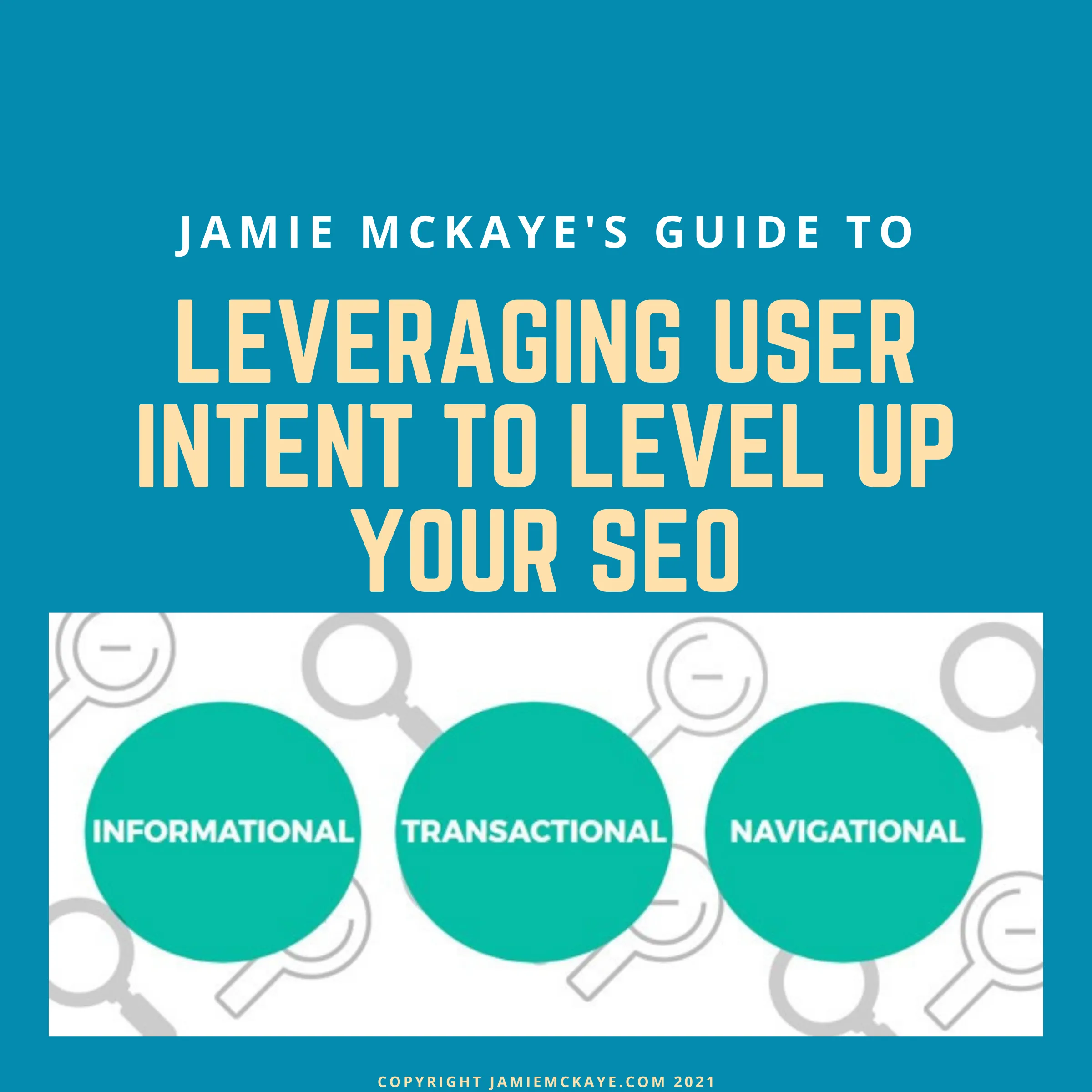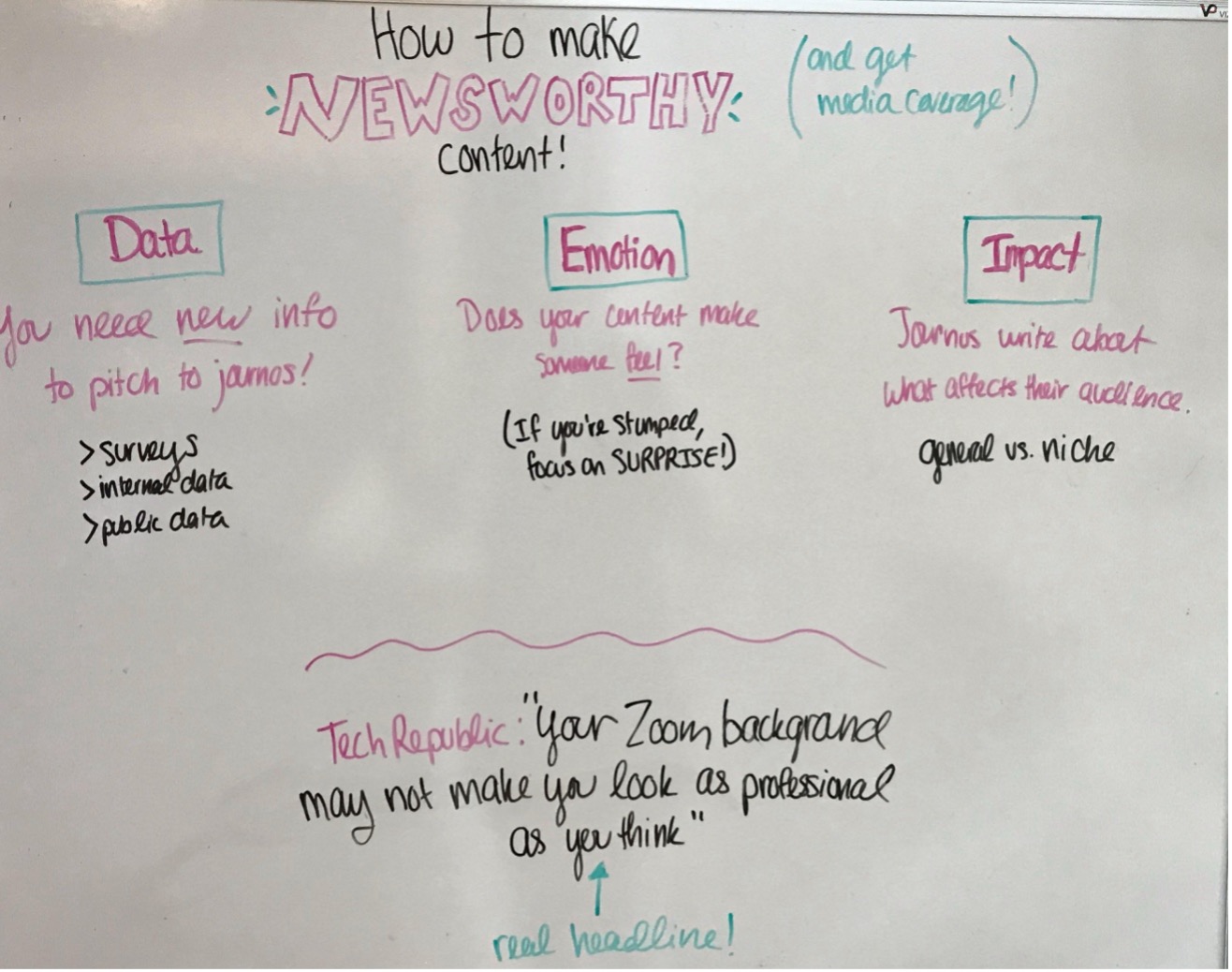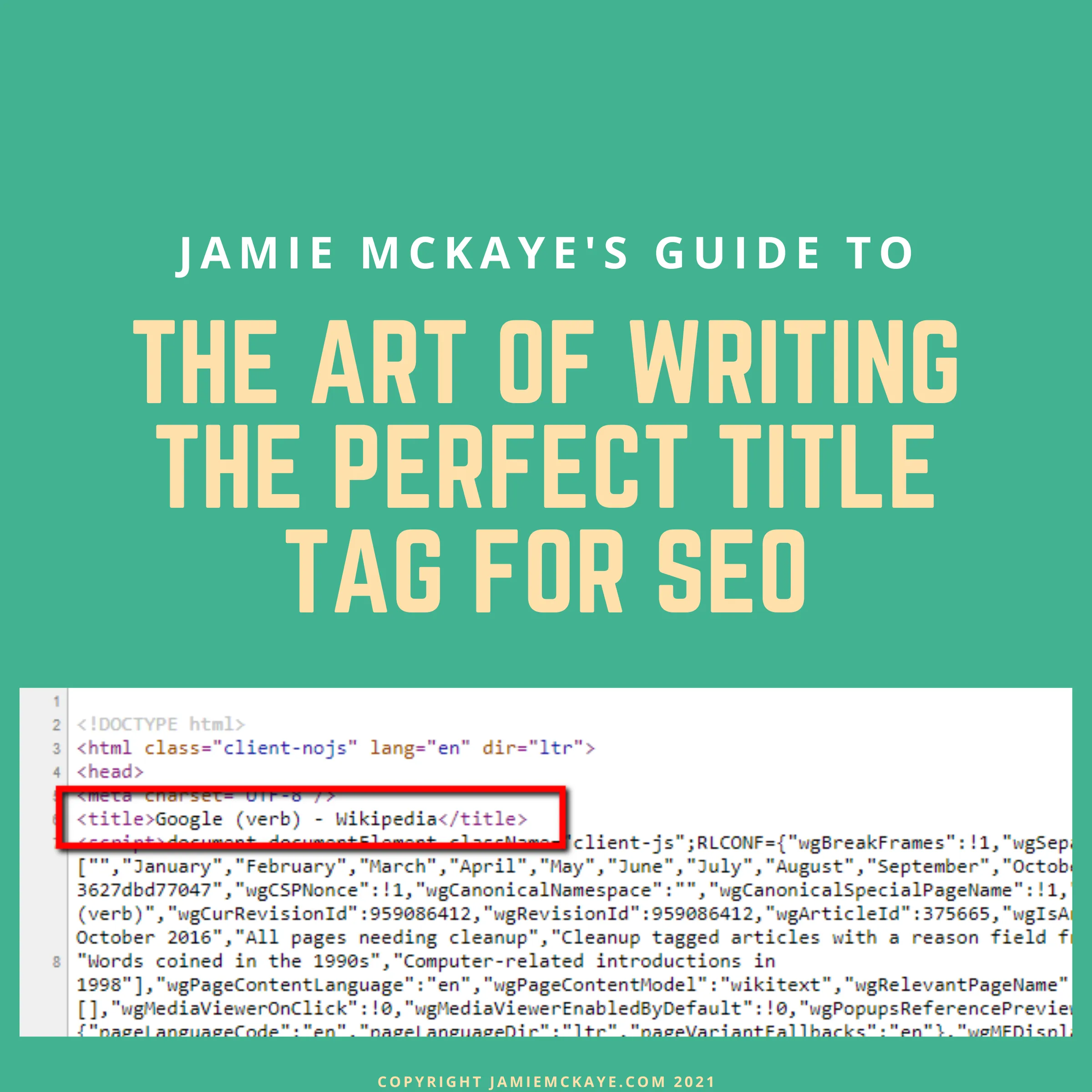How to Rank Seasonal Content on Google

Napkins for Thanksgiving, Easter eggs, Santa costumes... Seasonal products are a massive deal for online retailers. Ranking those seasonal products though, well that can be difficult.
The possible reason, as Google’s John Mueller explored recently may be down to structured data. Is there anything that retailers can do to ensure theHir highly profitable seasonal products pages get indexed and ranked?
Thankfully there are!
The question was broached in the English Google SEO office-hours episode from March 18, 2022 and it is a topic worthy of exploration, because it affects many retailers at certain times of the year.
The person asking the question spoke about their e-commerce client and their sale of bakery products, selling certain, themed products at certain times of the year to coincide with holidays and celebrations.
Google’s structured data requirements had proven problematic, with yellow warnings in Google’s structured data test pointing to potential omissions in recommended data fields.
If those important seasonal product pages aren’t ranking (and in this case they weren’t) then structured data issues would be the obvious cause, right?
The person tasked with SEO for these product pages seemed to think so...
How to Rank Seasonal Content
First and foremost, Mueller confirmed that incomplete structured data would not stop seasonal product pages from ranking:
“The page can definitely be indexed, even if some of the structured data markup is wrong.”
He went on to say that even issues such as broken HTML wouldn’t be a factor stopping the page indexing process:
“The page can be indexed even if the HTML itself is completely broken.”
Being a ‘solution to any problem’ sort of guy, John Mueller went on to provide some helpful (and potentially profitable) suggestions to help sellers to rank their seasonal wares on Google:
The other part I think is something that is useful to look at specifically for e-commerce sites, in that it’s very helpful for us to understand what you would consider to be important across a website.
That means when we look at a website, if you show us as visibly as possible what you think is critical here, then it’s easier for use to pick that up.
From a practical point of view, that means when we look at something like the home page of a website or whatever the most important page is from the website, like… let us know about what you consider to be important and link to that prominently.
So for something like a Saint Patrick’s day cake, that’s something where when we look at their home page, we should be able to see that this is actually a seasonal thing and this is really important for you and that we find direct links from the home page to that specific product.
Mueller even checked the site out himself; noting interestingly; that the seasonal page wasn’t linked from the home page, or even the next level down!
He was keen to speak at length about how exactly Google would see this:
That means for us, when we look at this website overall, even if we see this specific product being mentioned in a sitemap file, it looks like some random product that just happened to show up in the e-commerce site.
We don’t realise that actually, this is something that is really important to you and that you would like to have treated prominently in the search results.
So what I would do in cases like this, where you have especially some time limited event happening, is make sure that you’re really visibly linking to that from the home page.
That you include some of the …in the home page as well so that even if we only re-index and reprocess your home page we already know that there’s some information there that we can pick up on.
So if you have a Saint Patrick’s day cake for example, and mention it on your home page, and we only update your home page for whatever reason, then if someone searches for Saint Patrick’s Day cake then we will at least know your home page could be relevant for that query.
And ideally if it’s linked directly from their home page, then we can pick up that product as well and see, well, this is a really important product for this website.
And probably we can process it a little bit faster than we could some random other product that you happen to update on a website.
So essentially with internal linking, you can give us a lot of information about what you care about across a website.
And for a large page, our algorithms will try to follow that.
It’s not that they’ll make a judgment call on their own. It’s more that they look at your site and they realise oh, this person says this is really important so we will give it a little bit more weight”.
And what you consider important is totally up to you. It might be something seasonal. It might be something that you sell really well. …All of that is totally up to you.
But make it as clear as possible when we look at your website, especially your home page, especially the more important pages on the site, what you want to be treated in the foreground when it comes to search.
Making Google Aware of What Matters!
If there is a takeaway from this, then it is the importance of how your site signals to search engines, exactly what is important and when.
Some pages are not as important as others, seasonal content obviously is important and Google needs to know about that.
You can learn more about how to rank seasonal e-commerce products and watch John tackle the question at 31:43.





Comments